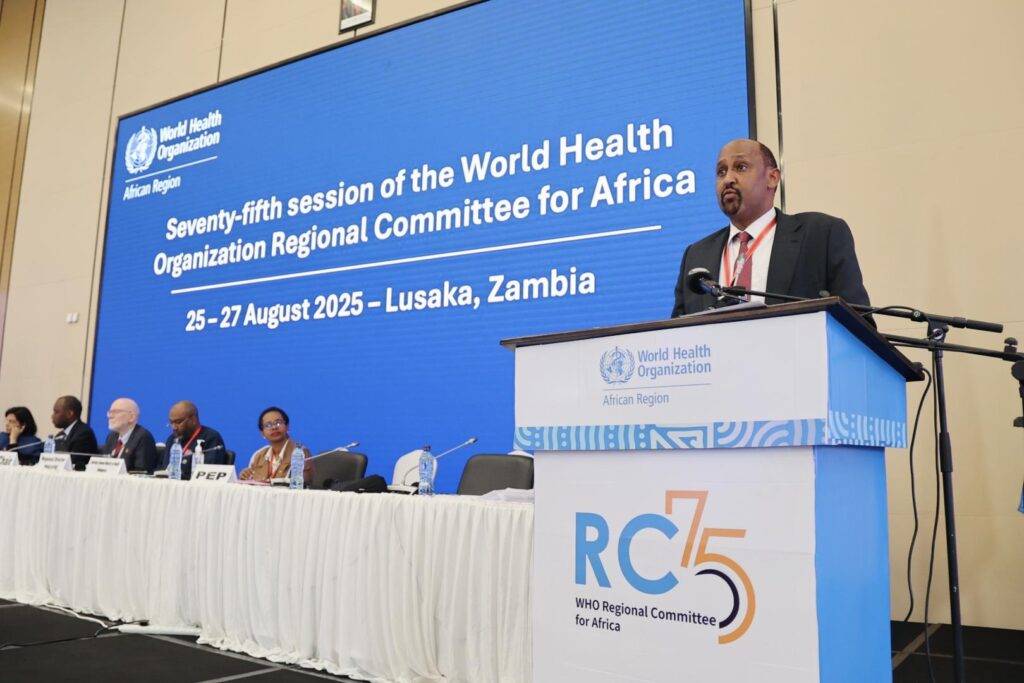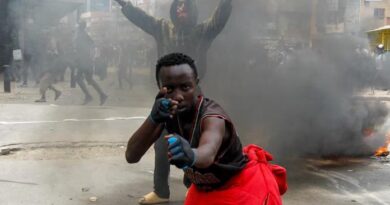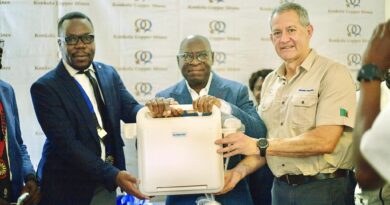African Ministers Step Up Fight to End Polio and Secure a Polio-Free Future
African health ministers have pledged fresh, coordinated action to consign all forms of polio to history, while safeguarding the hard-won gains that have spared millions of children across the continent from the crippling disease.
Meeting in Lusaka during the Seventy-fifth Session of the World Health Organization (WHO) Regional Committee for Africa, ministers resolved to accelerate eradication efforts by strengthening cross-border collaboration, improving campaign quality, and integrating polio services into wider health systems to ensure sustainability.
Recent progress has been encouraging. Madagascar successfully closed its circulating type 1 poliovirus outbreak in May 2025 following rigorous assessments. However, challenges remain, with circulating variant poliovirus type 2 (cVDPV2) persisting in the Lake Chad Basin and Horn of Africa. By mid-2025, 177 polioviruses had been reported in 15 African countries.
“Africa has beaten wild polio twice. Now we must end all variants, safeguard our gains and build systems that will protect generations to come,” said Dr Mohamed Janabi, WHO Regional Director for Africa. “We have the evidence, the infrastructure, and the will. Let us now deliver the legacy.”
In the past year, type 3 poliovirus—previously absent since 2022—was also detected in Algeria, Cameroon, Nigeria, and Chad, highlighting the need for robust surveillance and rapid response.
To address these risks, ministers endorsed targeted strategies such as enhanced microplanning to ensure every child is reached, particularly in nomadic and hard-to-reach areas. Countries also discussed deploying experienced supervisors, independent monitors, and adopting innovations like Geographic Tracking Systems (GTS) to strengthen campaign coverage. Chad’s use of GTS saw districts achieving desired immunisation coverage rise from 47% in April to 64% in June 2025.
“Cross-border collaboration remains key. One country’s outbreak is a risk to all,” emphasised Dr Gedi Mohamed, WHO AFRO Polio Eradication Programme Coordinator.
Attention was also placed on the ongoing polio transition process, which aims to integrate eradication functions—such as disease surveillance, immunisation expertise, and laboratory capacity—into national health systems. Fifteen countries are actively planning their transitions, while 32 others, though officially transitioned, continue to face sustainability gaps.
Dr Chris Elias, President of Global Development at the Gates Foundation and Chair of the Polio Oversight Board, praised recent progress: “From opening laboratories that can swiftly detect transmission to closing outbreaks through strengthened vaccination campaigns, Africa has shown what is possible when countries and communities lead. Together, we can deliver and sustain a polio-free Africa.”
With renewed political will and strategic innovations, African leaders signalled that the continent is closer than ever to achieving a lasting polio-free future.



